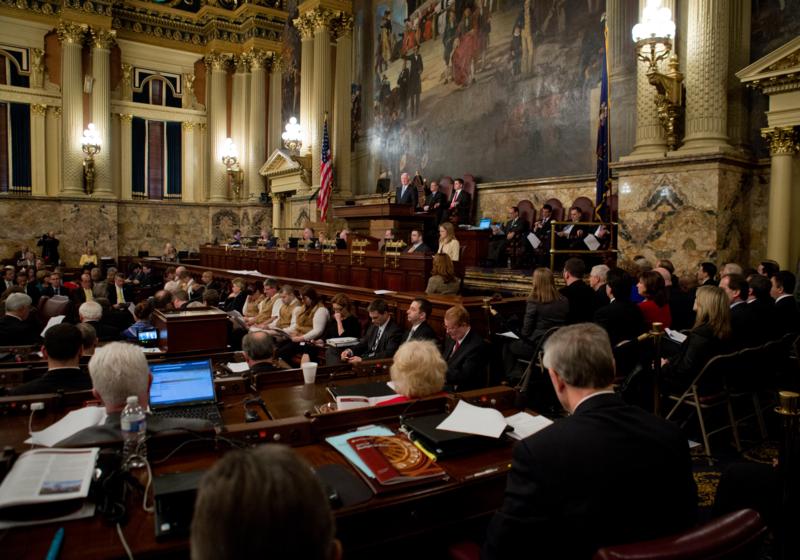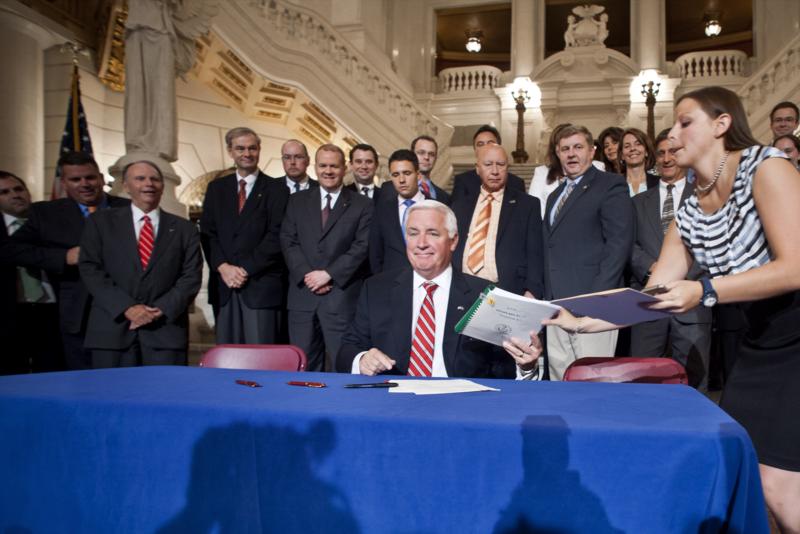Is it Time for a Name Change at the DPW?
A broad-based coalition is forming in the push to change the name of Pennsylvania’s Department of Public Welfare. A letter of support delivered to the General Assembly last week was signed by five former governors: George Leader, Dick Thornburgh, Tom Ridge, Mark Schweiker and Ed Rendell. It begins by stating, “Words matter. Names matter. Stigma lasts.”
State Senator Bob Mensch (R-Montgomery) is joining forces with Minority Leader Jay Costa (D-Allegheny) to introduce legislation that would change the name of the DPW to Department of Human Services. “Everyone assumes when you see the Department of Public Welfare that that is all they do. In honesty they do a lot more than just welfare,” Mensch explains. “It’s a department that doesn’t deserve a name that creates bias.”
None of the 67-counties uses the term “welfare” for its human services agency, and Mensch believes Pennsylvania is the only state government that still refers to a Department of Public Welfare.
“It really has a huge presence in our state and I think it would be appropriate to have a meaningful discussion around what that department does – calling it by its rightful name, which I believe should be Department of Human Services.”
The Mensch/Costa bill already has 20-cosponsors in the Senate and it hasn’t even been introduced yet. An identical bill being introduced in the House has 82-cosponsors. To save taxpayer money, Mensch suggests a graduate changeover whereby all existing supplies are exhausted before new ones are ordered with the new name.
The Campaign for What Works has also sponsored an online petition to help garner public support for the name change.











